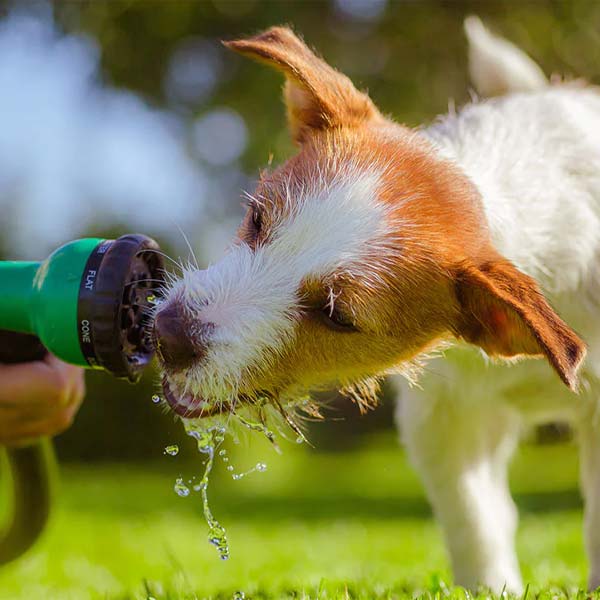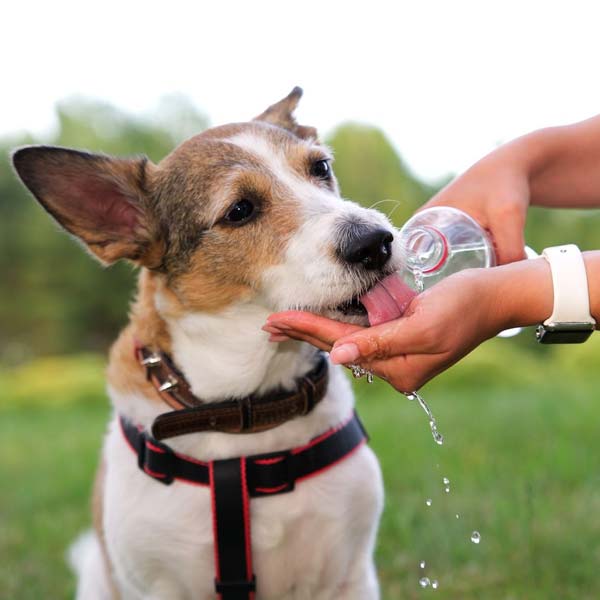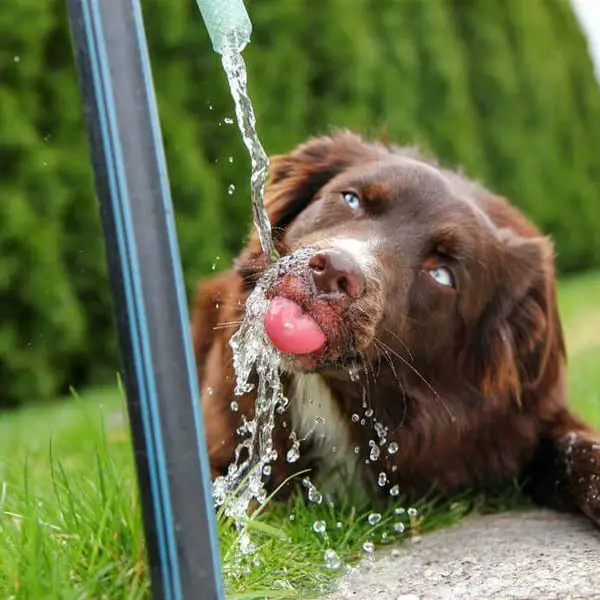As a responsible pet owner, it is essential to provide your furry friend with a healthy and balanced diet. Along with food, water is also a vital component of your dog’s diet, ensuring that they stay hydrated and healthy. But how much water should your dog drink? Is there a specific amount that your dog needs, or does it vary according to breed, size, and activity level? In this article, we will answer all your queries about how much water your dog should drink.

The Importance of Water for Dogs
Water is essential for every living being, and dogs are no exception. It helps to regulate the body temperature, transport nutrients and oxygen throughout the body, and eliminate waste through urine and bowel movements. The adequate intake of water is crucial for a dog’s overall health and well-being.
How Much Water Should Your Dog Drink?
The general rule of thumb is that dogs should drink one ounce of water per pound of body weight every day. This means that a 50-pound dog should drink 50 ounces of water, which is approximately 6.25 cups. However, the amount of water your dog needs may vary based on several factors.
Breed and Size:
The breed and size of your dog play a crucial role in determining how much water they should drink. For instance, larger breeds such as Great Danes and St. Bernards require more water than smaller breeds like Chihuahuas and Toy Poodles.

Activity Level:
The amount of exercise and activity your dog engages in also affects their water intake. If your dog is highly active, they will require more water to maintain their hydration levels.
Weather:
Weather also plays a role in determining the amount of water your dog needs. During hot and humid weather, dogs tend to drink more water to cool down and prevent dehydration.
Health Condition:
Certain health conditions like kidney disease, diabetes, and urinary tract infections may affect the amount of water your dog needs. In such cases, it is best to consult with your veterinarian for a tailored water intake plan.
Signs of Dehydration in Dogs:
It is crucial to ensure that your dog is drinking enough water to avoid dehydration. Some signs of dehydration in dogs include dry gums, sunken eyes, lethargy, and loss of appetite. If you notice any of these signs, it’s important to seek veterinary attention immediately.

Final Thoughts
In conclusion, providing your dog with enough water is vital for their overall health and well-being. The amount of water your dog needs may vary based on their breed, size, activity level, weather, and health condition. It’s essential to keep a watchful eye on your dog’s water intake and ensure that they have access to clean and fresh water at all times. By following these guidelines, you can help ensure that your furry friend stays healthy, happy, and hydrated.